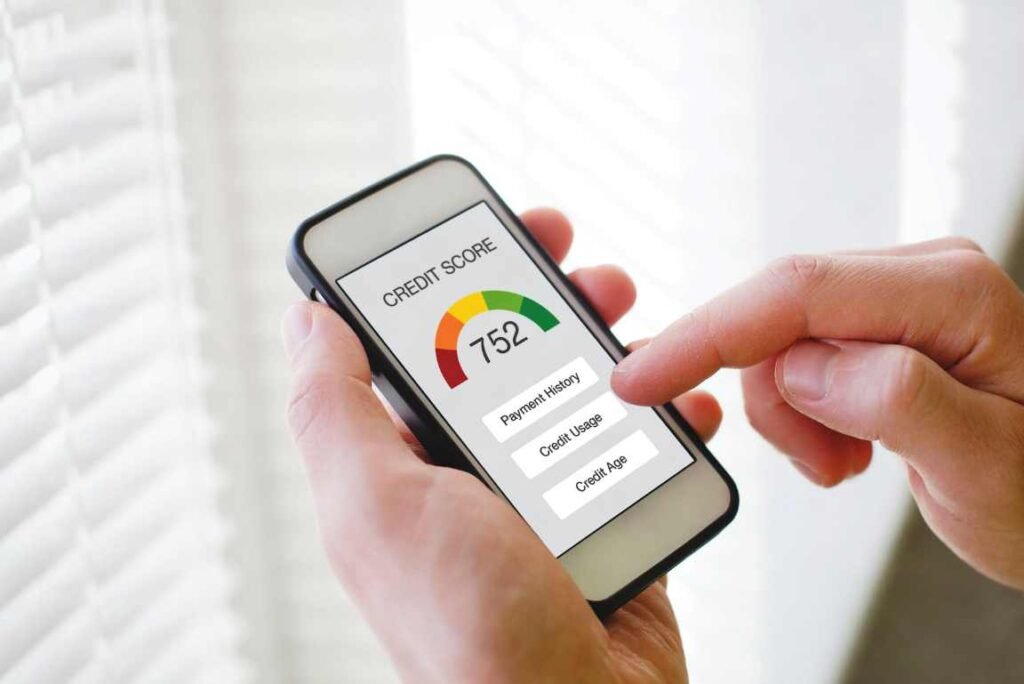Your credit score influences much more than just your ability to secure loans—it can affect your chances of renting an apartment, getting better insurance rates, and even landing certain jobs. So, what can you do if your score isn’t where it should be? The good news is, with the right strategies, you can improve your credit score in 3 months and make significant progress.
Here’s a step-by-step guide to help you improve your credit score and set yourself up for long-term financial success.
1. Review and Correct Errors on Your Credit Report
Errors on your credit report can significantly hurt your score. A study by the FTC found that 1 in 5 consumers has at least one error on their credit report, and correcting those mistakes can lead to a fast score increase.
Start by requesting a free copy of your credit report from AnnualCreditReport.com. Look for mistakes like incorrect personal details, accounts that don’t belong to you, and payment inaccuracies. Dispute any errors immediately with the credit bureaus to avoid any unnecessary hits to your credit.
By addressing errors upfront, you can quickly begin the process to improve your credit score in 3 months.
2. Make On-Time Payments a Priority
Payment history is the most important factor in your credit score, accounting for 35% of your overall FICO score. Even one missed or late payment can stay on your credit report for up to seven years.
To avoid this, make on-time payments a non-negotiable. Set up autopay for at least the minimum amount due on all accounts, and use tools like Mint to track your bills. Staying consistent with on-time payments can significantly improve your credit score in 3 months.
3. Reduce Your Credit Utilization Ratio
Credit utilization is another major factor, making up 30% of your score. Aim to keep your credit utilization under 30%, and if possible, below 10% for maximum impact. Pay down high balances, and consider requesting a credit limit increase to instantly lower your utilization rate.
Making these changes will quickly lower your utilization, helping you see significant improvements within just a few months.
4. Pay Off Small Debts First
Paying off small debts can give you a quick win and improve your overall score. Consider using the debt snowball method, where you focus on paying down the smallest balances first, while still making minimum payments on larger debts.
By the end of three months, this strategy can help reduce your total debt load and show progress on your credit report.
5. Avoid Opening New Credit Accounts
Each time you apply for new credit, a hard inquiry is added to your credit report. While this only accounts for 10% of your FICO score, too many hard inquiries in a short period can hurt your chances of improving your credit score.
If possible, avoid opening new lines of credit during your three-month credit repair period. Focus on managing your existing credit responsibly instead.
6. Become an Authorized User
If you have a family member with a strong credit history, consider asking them to add you as an authorized user on their credit card. This strategy allows you to benefit from their positive credit history without taking on debt yourself, which can be a quick way to boost your score.
7. Use Experian Boost
Experian Boost is a free tool that allows you to add utility bills, streaming services, and other monthly payments to your credit report. The average user who sees an increase gains around 13 points, which can make a big difference in a short time.
This is a great way to quickly improve your credit score in 3 months, especially if you have a limited credit history.
8. Avoid Closing Old Credit Accounts
Length of credit history makes up 15% of your FICO score. Even if you’re not using an old account, keeping it open can improve the average age of your accounts and your total available credit.
If the account has a high annual fee, ask your issuer if you can downgrade to a no-fee version of the card rather than closing it entirely.
Conclusion
Improving your credit score in three months is possible with consistent action. By correcting errors, paying down debt, reducing your credit utilization, and making on-time payments, you can make substantial progress in a short period.
To ensure lasting results, use tools like Credit Karma or Experian Boost to monitor your credit score regularly and track your progress.
FAQs
- How fast can you realistically improve your credit score?
While improvements vary, taking the right steps can lead to a noticeable change in 3-6 months. - What is the ideal credit utilization ratio?
A ratio below 30% is good, but keeping it below 10% is even better for faster score improvements. - Can you improve your credit score without taking on new debt?
Absolutely! Focus on paying down existing balances, reducing your utilization, and maintaining on-time payments.










